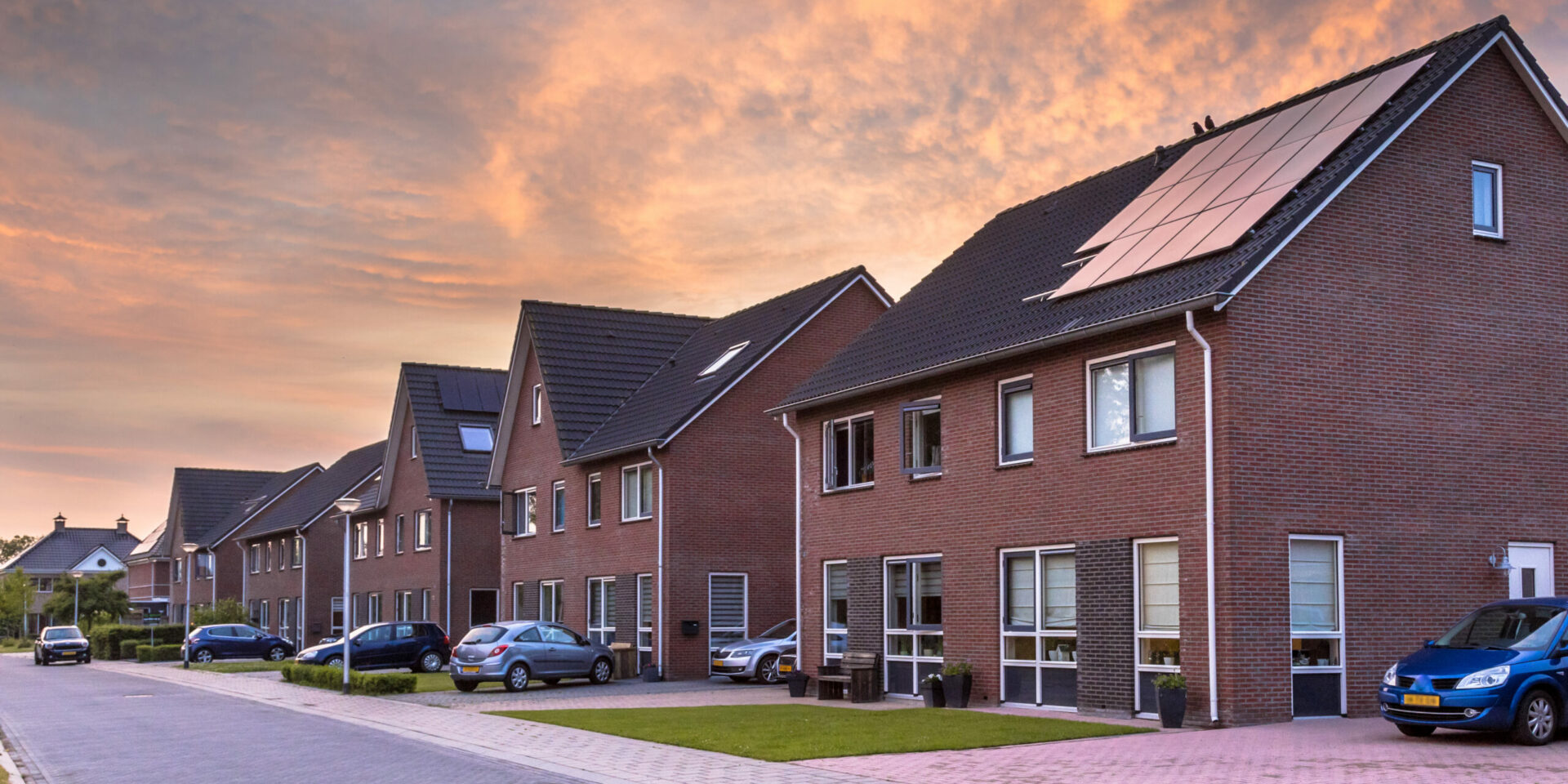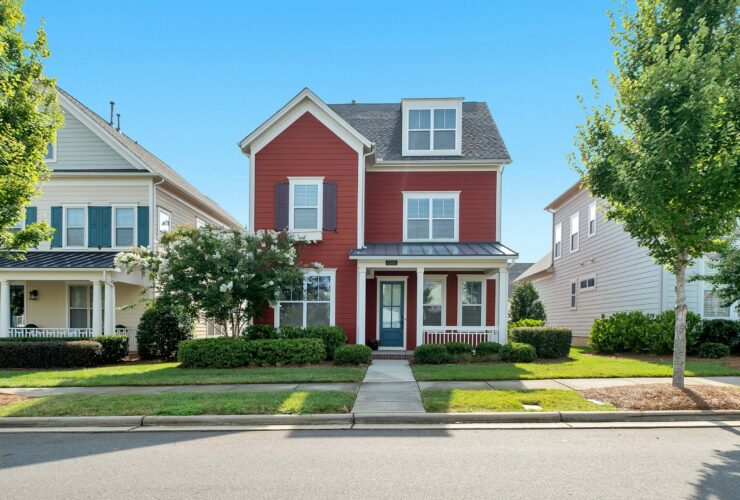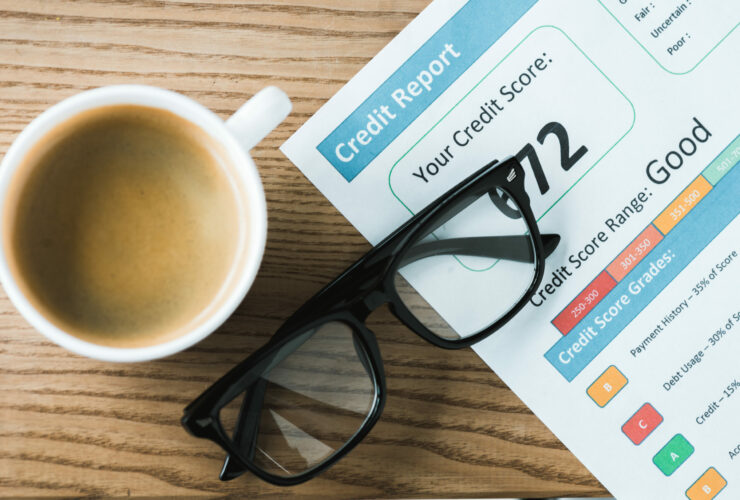Can Australians get out of mortgage prison?
Compared with cheap interest rates that Australians enjoyed in the middle of the Covid-19 lockdowns, interest rates are at a massive height today. Due to the imbalance that the pandemic brought on, the world is trying hard to recuperate, especially against the pains of soaring inflation. And one of the ways countries are doing repair is to raise interest rates to combat it.
Everybody is hurting from the increase in the prices of commodities, but who are the most directly affected by the continuous rise of interest rates? Mortgage holders. When will the rate rises stop? When will Australians get out of the so-called mortgage prison?
What is a mortgage prison?
Mortgage prison is also known as mortgage trap. Being a mortgage prisoner means being unable to refinance your current mortgage. And this happens because of affordability issues.
During the onslaught of the lockdowns in 2021, the interest rate set by the Reserve Bank of Australia (RBA) dropped to as low as 0.1%. This encouraged many borrowers to get a home loan at fixed rates.
Soon after, the RBA started raising the interest rates in consecutive months as a response to the supply chain issues linked to Covid-19 as well as a mix of global and domestic factors.
This is where the problem kicks in.
Locked rates usually end in 1 to 5 years.

What happens when the fixed rate ends?
After the fixed rate ends, home loans will revert to the standard variable rate of their lender. OR they could refinance their home loan to get better deals.
The problem right now is that reverting to the standard variable rate and refinancing do not offer much for borrowers because of the significant increase in interest rates.
Mortgage holders who have locked their loan at the 2% rate range in 2020 and 2021 are looking at upwards of 6% in interest rates this year, and there is no news of the rates going down any time soon. This is the cause of great financial stress for many borrowers.
Case in point, the National Australia Bank (NAB) has reported that around 15% to 20% of their borrowers are likely to be stuck in a mortgage trap.
The inability to refinance is mainly due to the equity of the property falling below 20% of the property price. This happens because upon refinancing, banks have to charge fees as well as lenders mortgage insurance which usually rack up to thousands of dollars.
According to the Australian Prudential Regulation Authority (APRA), over 170,000 mortgages were taken out with less than 20% of the deposit.
The 3% serviceability adds salt to injury
APRA requires that borrowers’ ability to repay their loans be tested according to the 3% serviceability rule. This means that lenders must assess the borrowers capacity to pay the loan at 3% above the rate they locked in.
How much difference in mortgage repayments are borrowers looking at?
According to a case study from ABC News, in 2020, borrowers with a salary of $100,000 were able to take out $750,000 home loans at 2.69% variable rate.
Two years later, the same borrowers must be earning $10,000 more to afford to refinance the original home loan which stood a few points shy of 5%.
And by the last quarter of 2023, the same amount of mortgage can only be refinanced if the borrowers are earning at least $123,000.
This is if the borrower has no kids and no other debts to pay.
What can borrowers do?

If you are not yet trapped in your mortgage, the best course of action would be to plan as early as now. Rates are fluctuating and no one can accurately tell where the rates will fall by the end of this year but it is safe to assume the worst-case scenario. Get in touch with your broker and go over refinancing options now.
For those who are already in a mortgage trap, experts say that the best course of action is to not panic and try hard to keep paying the current mortgage dues. The worst-case scenario here is having to give up the property in the case of default.
It is a tough situation to be trapped in mortgage dues you cannot afford to pay, but we are with you wherever you are in your mortgage journey. There is always a solution and we can help you sort out this situation. Call us and we’ll talk about your options.




